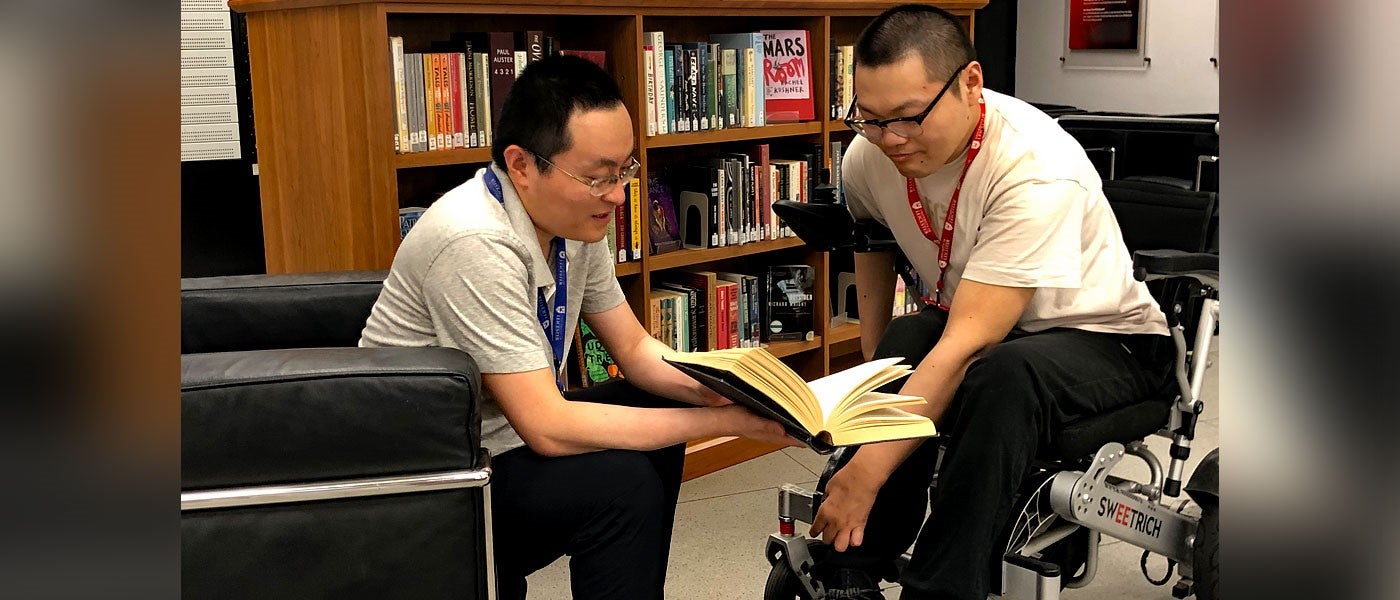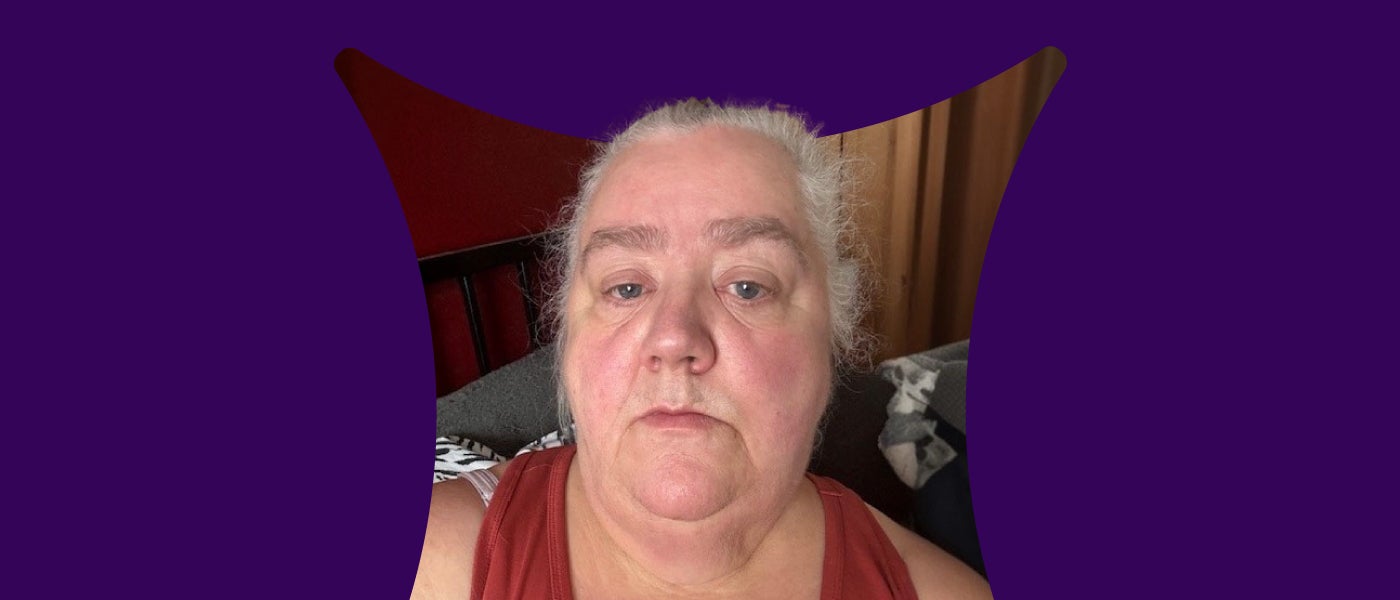- Home
- News and stories
- Positive attitudes help disabled people fulfil their potential
Positive attitudes help disabled people fulfil their potential
 14 September 2022
14 September 2022
My name is Siyuan and I have just completed my PhD at Leicester University. My research is mainly about artificial intelligence and computer-aided medical diagnosis.
I am affected with serious cerebral palsy and because of this, I can hardly walk on my own.
I do think some people may be surprised that I’m doing a PHD, as a disabled person. I think it is because only a small proportion of people can do PhD studies, let alone someone who is disabled.
Everyone has strengths and weaknesses. Disabled people can do something just as well as non-disabled people.
They can even do something better than non-disabled people. For example, Stephen Hawking had a severe physical disability but made great contributions to cosmos science.
I finished my PhD research in two years
From my home in China, I came to the University of Leicester in September 2019 for PhD study under the supervision of Prof. Yudong Zhang.
I have lived alone for about a year and a half. I spend most of my time researching in my studio. With Prof. Yudong Zhang and other colleagues, I created a 'COVID computer' to diagnose COVID-19 automatically and accurately, which was reported by University of Leicester.
During my PhD study, I have been lucky to be supervised by Prof. Yudong Zhang. Under his supervision, I finished my PhD research in two years, while most PhD students need three or four years to finish.
I received support from the accessibility team at the university
The accessibility team at the University of Leicester contacted me before I came here. They also installed an automatic door in the building of my department.
I have undertaken two Teaching Assistant jobs and three Research Assistant jobs so far.
They considered my conditions and arranged electronic document preparation and simulation experiments for me, so I do not have to go to campus every day.
When I go out, I experience positive attitudes from strangers
When I live alone in Leicester, I usually go to the Tesco near my studio for groceries twice a month. The people there are very friendly to me and always help me with shopping. This is the only time that I go to public places.
The places I go in Leicester are friendly and accessible to my wheelchair. It is convenient to go wherever I want here.
Disabled students don’t always receive the respect and dignity they deserve
I am proud to be disabled and wish everyone was aware that disabled people should be equally treated.
However, currently there are not enough disabled people undertaking further education. Although there are students like me who have received positive attitudes, this is not all disabled students experience.
My supervisor Prof. Yudong Zhang thinks this is because “disabled people do not receive enough of the respect and dignity they deserve”
“But they are our students, workmates, relatives, friends, etc. They have the right to be treated the same as non-disabled students. Disabled people can achieve comparable or even better research outputs than non-disabled students.’’
Disability equality is important, because disabled people account for an essential part of the population.
Disabled people are not burdens and can contribute to society
I think disabled people have strong wills and are persistent in studying and working. They are likely to be more patient, because it usually takes more time for them to do something.
Disabled people are not burdens to society and can contribute to society's development with appropriate guidance and positive attitudes from other people.
I am part of the minority of disabled people that have not experienced negative attitudes. According to Scope’s attitudes research only 25% of disabled people have not experience negative attitudes because of their disability.
Read Scope’s attitudes research to find out more about current attitudes towards disability.
 14 September 2022
14 September 2022








